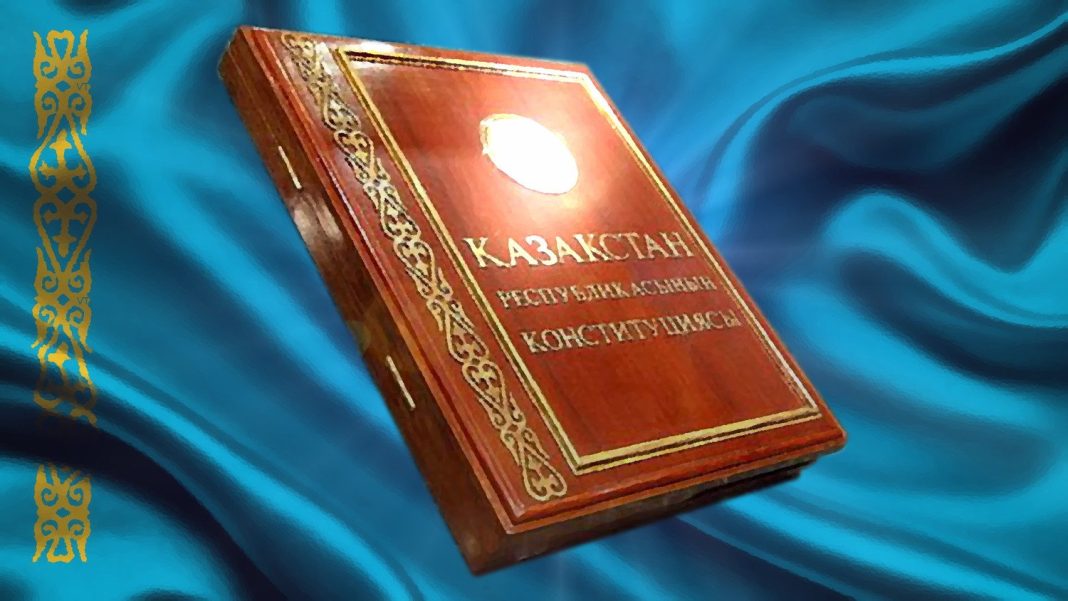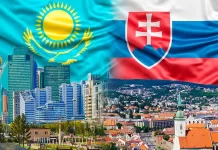ASTANA – When the people of Kazakhstan voted in the 1995 national referendum to adopt a new Constitution, they laid the foundation of modern statehood. More than a legal charter, the Constitution enshrined a human-centered vision of governance. Article 1 defines Kazakhstan as a democratic, secular, legal, and social state, declaring the highest values to be the individual, their life, rights, and freedoms.
For a young nation that had only recently gained independence, these provisions were more than symbolic. They became the cornerstone of domestic policy, legislative development, and long-term state strategy. Experts emphasize that constitutional recognition of human rights marked a decisive break from the administrative-command system of the Soviet past, setting Kazakhstan on the path toward a modern rule-of-law state.
Over nearly three decades, Kazakhstan has consistently expanded mechanisms for the protection of citizens’ rights — openly, institutionally, and in line with international obligations. Human rights have thus become not only a national priority but also an important marker of international credibility. Public trust in institutions has risen, reflected in the growing number of citizen appeals to the ombudsman’s office, from just 1,800 annually a few years ago to nearly 7,000 today. Proposals from the ombudsman are now shaping major pieces of legislation, including the new law on combating domestic violence, widely recognized as a landmark in Kazakhstan’s legal development.
Rule of Law Through Constitutional Reform
The Constitution has also proven adaptable. A pivotal moment came with the June 2022 referendum, when citizens approved sweeping reforms aimed at strengthening democracy, modernizing the judiciary, and reinforcing the rule of law.
The judiciary was among the primary beneficiaries. Chief Justice Aslambek Mergaliyev noted that the Constitution guarantees judicial protection for all, stressing that “every citizen must have confidence in the fairness of the court, where they can find both protection and truth.”
Digital innovation has further advanced access to justice: more than 80% of pre-trial investigations are now electronic, 90% of investigative actions are video-recorded, and the Ministry of Justice has expanded services such as the People’s Lawyer campaign and the online Legal Cabinet platform.
A Regional Perspective
Kazakhstan’s constitutional development reflects broader Central Asian trends. Mirzatillo Tillabayev, First Deputy Director of Uzbekistan’s National Center for Human Rights, observed that 57 new constitutions were adopted globally in the first two decades of this century, with Central Asian states embracing reforms that emphasize openness, social responsibility, and alignment with international norms.
He highlighted the growing role of ombudsperson institutions in both Kazakhstan and Uzbekistan as evidence of this democratic shift, while also warning of new challenges posed by digitization:
“The rapid spread of AI, big data, and digital governance requires fresh approaches to human rights protection. Our expert communities must collaborate on digital security, data protection, and the ethical use of AI in governance and justice.”
Expanding Human Rights Safeguards
Perhaps the most significant reform of 2022 was the granting of constitutional status to the Human Rights Commissioner. Ombudsman Artur Lastayev described this as a hallmark of democratic maturity, noting that citizens now enjoy the right to appeal directly to the Constitutional Court.
The Commissioner’s role has expanded beyond complaint review to proactive oversight of detention facilities, legislative participation, and legal education. In 2024 alone, nearly 800 visits to prisons, detention centers, and special institutions were conducted — far exceeding previous years. Regional offices have also been established across the country, further bringing human rights protections closer to citizens.
Nearly thirty years on, Kazakhstan’s Constitution remains both durable and adaptive. Its core principle — that the highest value is the individual, their rights, and their dignity — continues to shape statehood and society. The reforms of 2022 reaffirmed that sovereignty belongs to the people and embedded the rule of law and human rights protections into the nation’s political DNA.
As Kazakhstan navigates the challenges of the digital era and a changing global landscape, the Constitution stands not only as the foundation of statehood but also as a living reflection of the country’s democratic aspirations and commitment to human dignity.
BY: The Times Union






